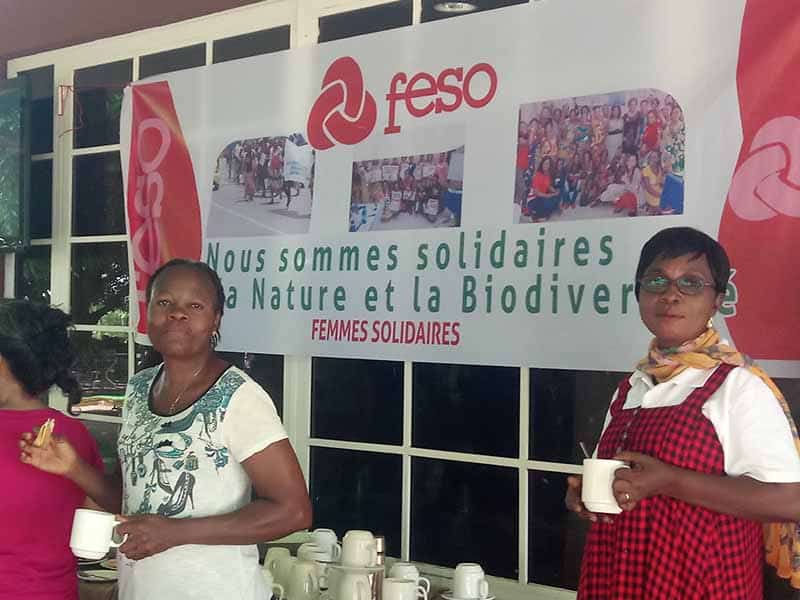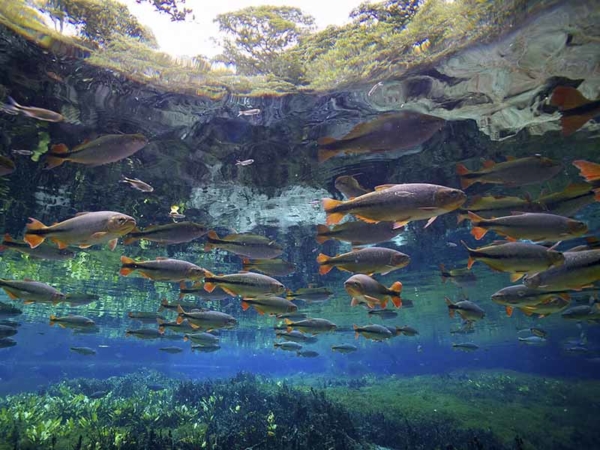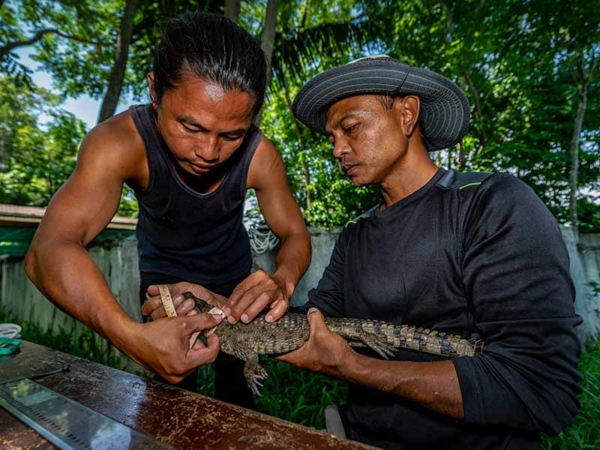
Freshwater
Empowering People
Supporting grassroots movements and local communities is fundamental to Synchronicity Earth’s approach. Many of the threats communities face from the transformation of the world’s freshwater ecosystems are related to those which negatively impact freshwater biodiversity.
Around the world, grassroots organisations are working to conserve wetland ecosystems and defend local communities’ rights to freshwater. But grassroots capacity for freshwater species conservation is generally low, particularly in the tropical, high biodiversity basins where this programme is focused.
Our programme aims to empower local people as managers of freshwater ecosystems by:
Supporting communities to establish and manage freshwater conservation areas.
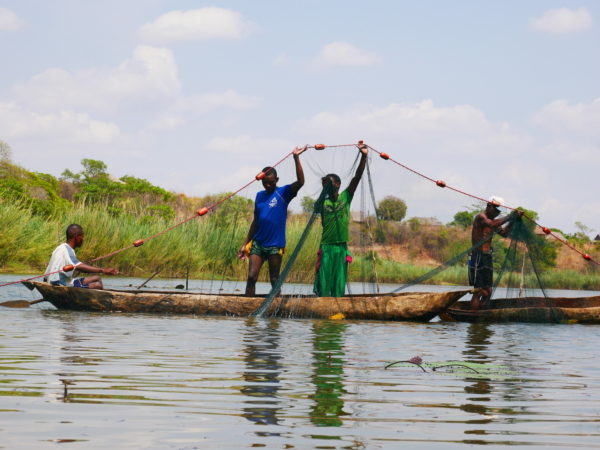
We are working with local organisations who are engaging communities in developing conservation areas in freshwater habitats which also benefit local people. This approach has become popular for marine ecosystems, but are partners are showing it can be just as effective in freshwater systems, increasing the abundance and diversity of freshwater species while increasing local incomes and protecting the freshwater ecosystem.
Empowering women in the management and governance of freshwater ecosystems.
Across the world, women often play critical roles in providing, managing and safeguarding water resources. However, women’s participation in decision-making over water resources remains limited in almost all of these places. Solving today’s most pressing water issues depends on not just the participation, but the leadership, experience, and guidance of women.
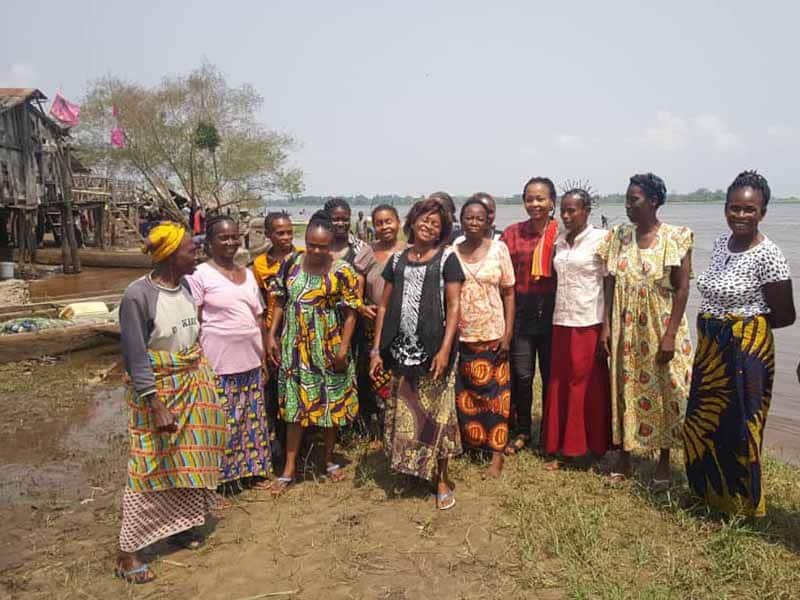
Securing local peoples’ rights to use, manage and govern freshwater ecosystems.
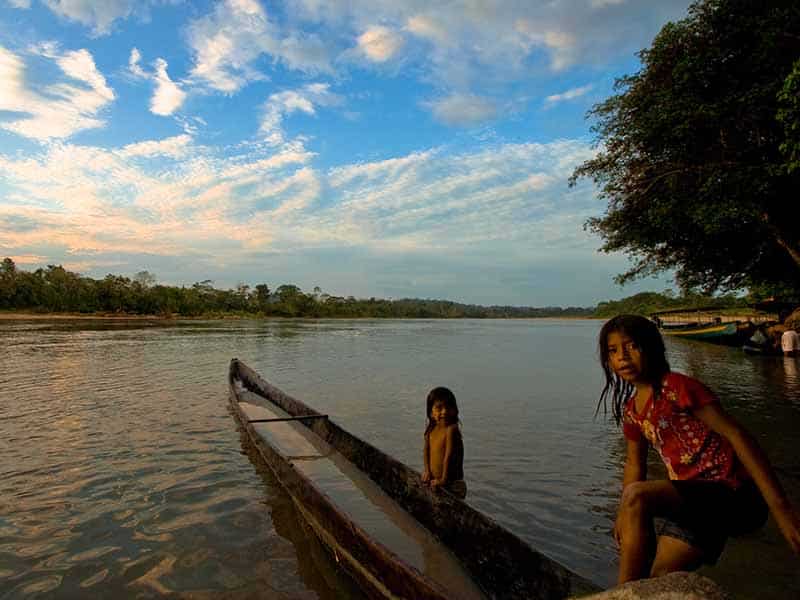
Evidence suggests that secure community-based tenure is essential, not only for maintaining livelihoods and social and cultural identity but also for meeting conservation and climate change objectives. Water law reforms have largely neglected community-based management of freshwater ecosystems. Supporting work to establish and advance community rights to freshwater can be a powerful mechanism for advancing both social justice and environmental conservation.
“People depend on the river for fishing and for farming, in fact, life itself revolves around the river system, so if this system is broken or damaged, it destroys the livelihoods of all these people living in the area.”
Ange Asanzi, Africa Program Associate, International Rivers
Empowering women to protect the Congo River
Partner Profile: Femmes Solidaires (FESO)
Femmes Solidaires (FESO), is a coalition of 24 women’s groups from across the DRC advocating for equal energy access and the democratic participation of women in Congolese society. FESO has developed an association: ‘Solidarity of Women of the Congo River’ (SOFFLECO in French).
SOFFLECO is uniting women on the banks of the Congo River and its tributaries, recognising their strong relationship with the river and addressing two key themes: the empowerment of these women; and the protection of the Congo River and the rights of communities that depend on them. SOFFLECO is reliant on technical and financial support from FESO. The association is currently working on initiatives to advocate for rights of women and local communities in the light of prospective mega-projects such as the Inga dams, as well as sharing knowledge and implementing approaches to ensure the sustainable management of the river’s bountiful resources.
Synchronicity Earth began working with FESO in 2018 and is supporting the organisation to expand the SOFFLECO network across the Democratic Republic of Congo. By expanding the network across 6 provinces FESO hope to build a strong and united constituency of support for the conservation and sustainable management of one of the world’s great rivers, the Congo.
Human civilisation has thrived along the banks of the world’s rivers and lakes for millenia. Many Indigenous Peoples and local communities continue to rely directly on healthy freshwater environments for their wellbeing and livelihoods and are the de facto managers of these complex ecosystems. Yet these communities are rarely bestowed with statutory rights which recognise their role as customary managers of rivers, lakes and wetlands.
Our Freshwater Programme
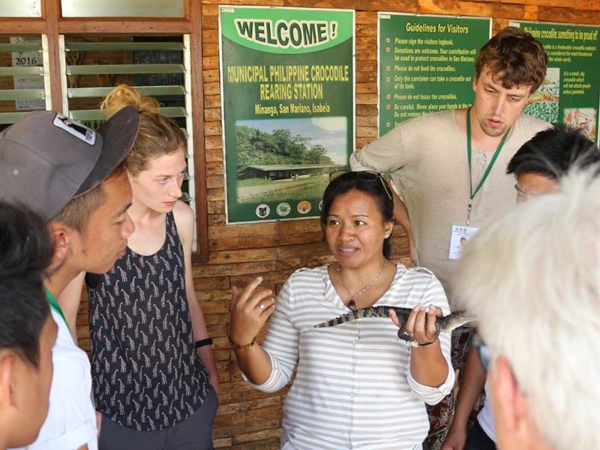
Empowering People
Empowering local communities to build capacity, advocate for and protect freshwater ecosystems.

